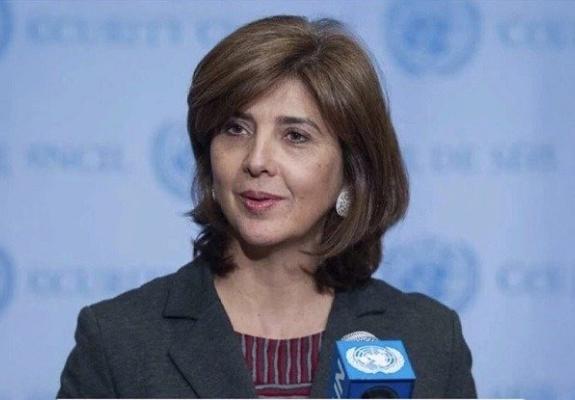An Important Move to Ban Donkey Skin Trade
The African Union Steps Up to Protect these Gentle Animals
African heads of state agreed to an important moratorium on Sunday, February 18, during the 37th African Union Summit in Ethiopia. The scourge of relentless and long-standing theft, trafficking, and slaughter of African donkeys stops after the agreement of African leaders. 33 million donkeys on the continent will be protected. The purpose of the agreement is also to protect tens of thousands of communities across Africa that rely on donkeys for their livelihoods and sustenance.
The outcome of the AU Summit follows the release of new data from The Donkey Sanctuary showing that globally, at least 5.9 million donkeys are slaughtered each year for their skin, to meet the demand for the traditional Chinese medicine ejiao, an anti-ageing drug whose main ingredient is gelatin from donkey skin. Despite only 20 countries having legal donkey skin trade agreements with China, skins from more than 50 countries end up there. According to the research, traders utilise the dark web and other similar illegal trafficking networks.
As demand for ejiao escalates, donkeys in Africa face a very real existential threat.
The move to ban donkey slaughter for their skin across Africa will deal a significant blow to the donkey skin trade and send a strong and unified message from African heads of state to the world about the urgent need to protect the future of these precious animals.
Marianne Steele, CEO of The Donkey Sanctuary, said, "This is a truly significant outcome for donkey welfare in Africa. The decision to ban the slaughter of donkeys for the skin trade is huge. Donkeys are sensitive and intelligent creatures deserving protection for their sake and for the countless communities that rely on them. This agreement by African Union leaders strikes at the heart of the brutal skin trade. We hope this decision will act as a catalyst for the rest of the world to act now, not only to save our donkey populations but to actively recognise their value and properly protect them.
Dr Otieno Mtula, Director of Regional Campaigns and Support for The Donkey Sanctuary said, "This milestone moment is just the beginning – this decision must be implemented and enforced by every country comprising the African Union. We will work closely with our colleagues and partners across Africa to provide all the support and resources we can to see this commitment to ban donkey slaughter for their skin become a reality across Africa and usher in a new era of animal welfare."
Dr Calvin Solomon Onyango, Director of The Donkey Sanctuary in Kenya, said, "Here in Kenya, we see firsthand the devastating impact of the donkey skin trade. Not only the horrific treatment of these gentle animals but also the effect it has on women, children, and communities reliant on donkeys for their social and economic lives. We are therefore extremely pleased that African heads of state have banned the slaughter of donkeys for their skin across the continent. Based on what we've seen here in Kenya, if donkey exploitation continued at the rate we had, in another three to six years, donkeys could have joined rhinos and elephants as endangered species in Africa."






